
There has been a lot of chatter about dystopias these days, mostly: are we living in one? Reading news day after day about our tumultuous presidency, unambiguous effects of climate change or murderous self-driving cars may make it seem that way.
George Orwell’s 1984, perhaps the best-known dystopian novel, is often used as a barometer for corruption and government control. While things (in the U.S. at least) haven’t quite reached Orwellian levels, 1984‘s theme of surveillance resonates amid data privacy theft scandals and a world of hackable laptop cameras. Plenty more novels have predicted the future in one way or another — but these eight have been eerily spot on.
It Can’t Happen Here, Sinclair Lewis (1935)
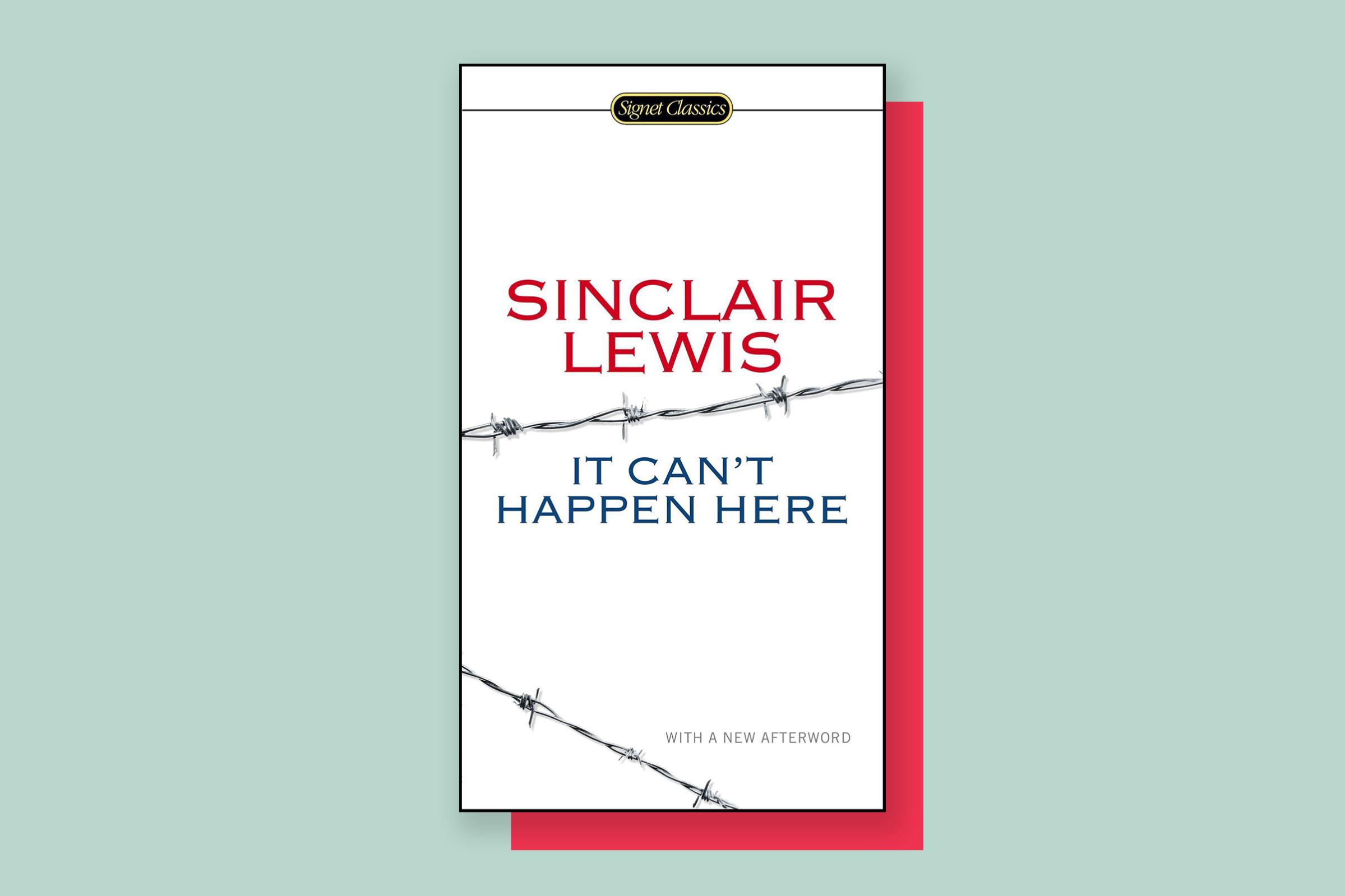
This 83-year-old novel has received some new attention for certain parallels with the current U.S. administration. Set during the time it was written, Lewis imagined the rise of a populist figure by the name of Buzz Windrip who rallies to defeat FDR in the 1936 election. A recent New York Times article outlined the similarities between Windrip and Trump, stating, “Like Trump, Windrip sells himself as the champion of ‘Forgotten Men,’ determined to bring dignity and prosperity back to America’s white working class. Windrip loves big, passionate rallies and rails against the ‘lies of the mainstream press.”
Buy now: It Can’t Happen Here
Debt of Honor, Tom Clancy (1994)
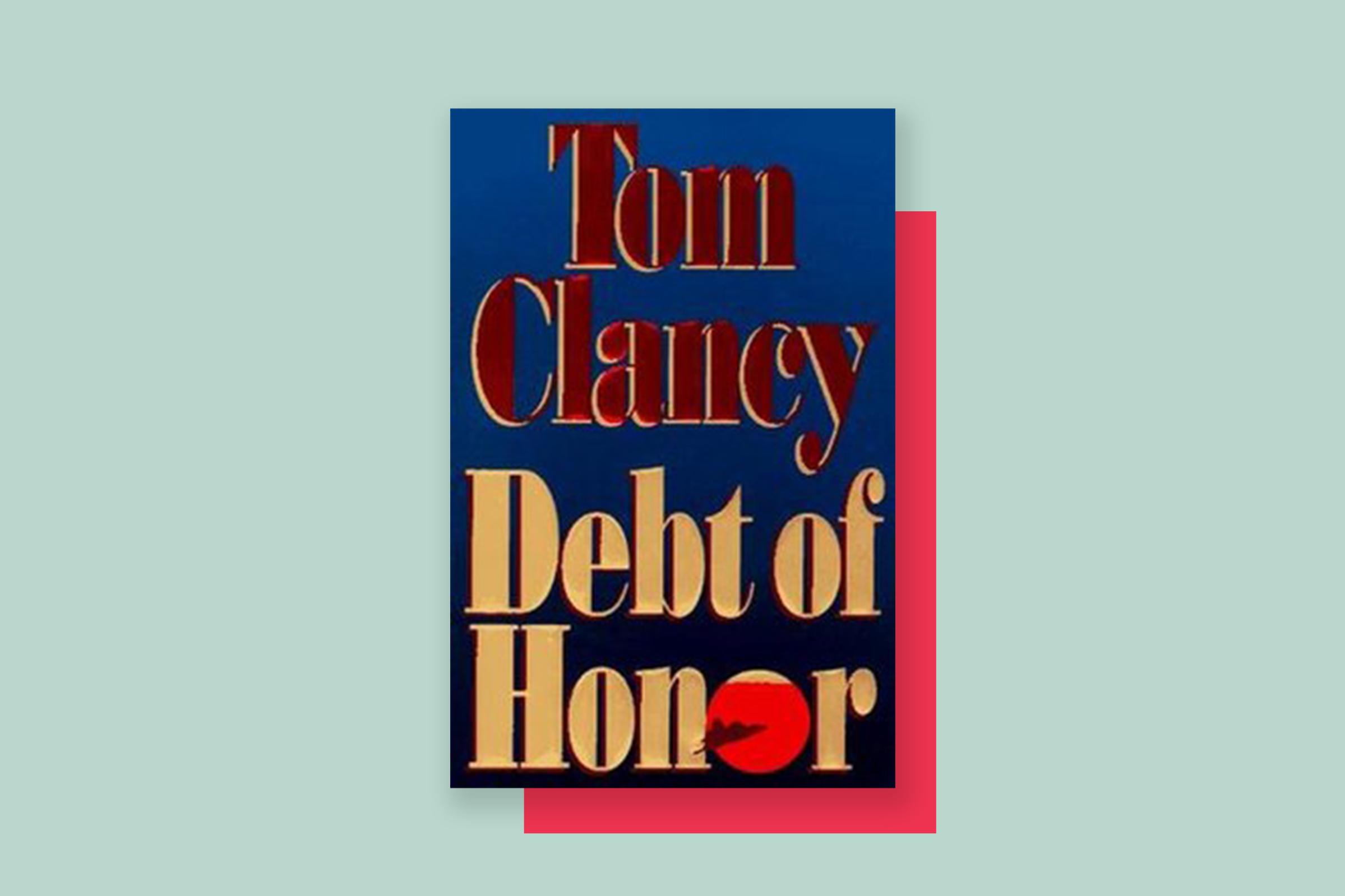
This perennial bestselling author who traffics in military slash spy thrillers has managed to make a couple of accurate predictions over his career. It was this installment of his popular Jack Ryan series in which the story climaxes (spoiler alert) with a hijacked 747 crashing into the Capitol building. While the novel is about a fictionalized conflict between the U.S. and Japan, the presence of a weaponized commercial plane put Clancy and his book in the spotlight during the aftermath of 9/11.
Buy now: Debt of Honor
Super Sad True Love Story, Gary Shteyngart (2010)
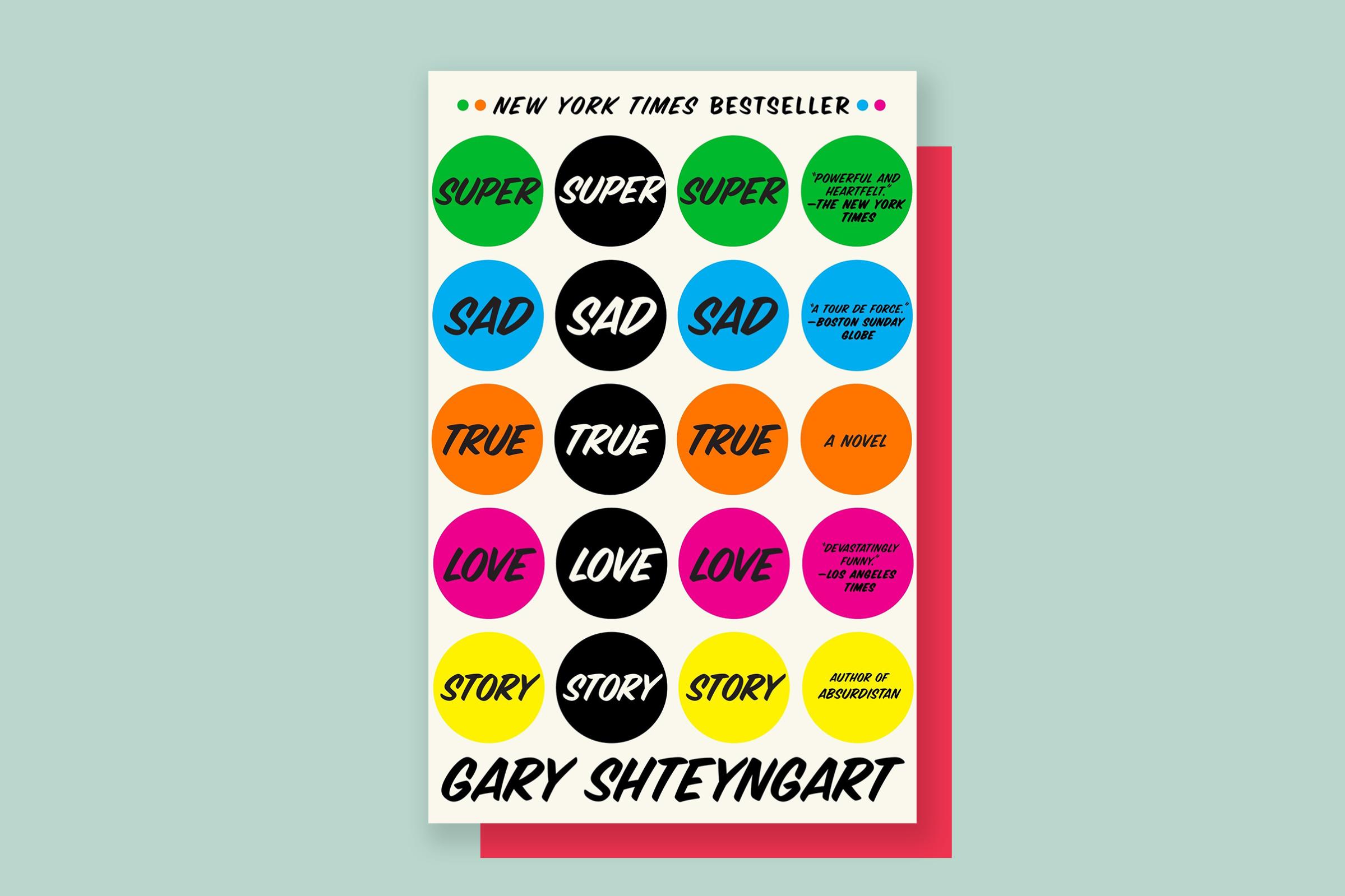
A more recent addition to the list, Shteyngart’s dystopian satire caught the attention of the New York Times a year after it was published for anticipating the Chinese debt debacle that resulted in the S&P downgrading the U.S. credit rating. Set in the near future, Shteyngart’s world is more extreme than present reality, but certain aspects ring true. People meet each other through a dating service similar to Tinder and use a post-phone device called an äppärät to digitally stalk others in lieu of speaking to them. Also, physical books become novelty objects as reading declines in popularity. Since social media was already widespread when this book was written, these may not count as cold, hard predictions. As for books, the future isn’t looking so bright. A recent study shows a third of young people do not read for pleasure.
Buy now: Super Sad True Love Story
Feed by M.T. Anderson (2002)
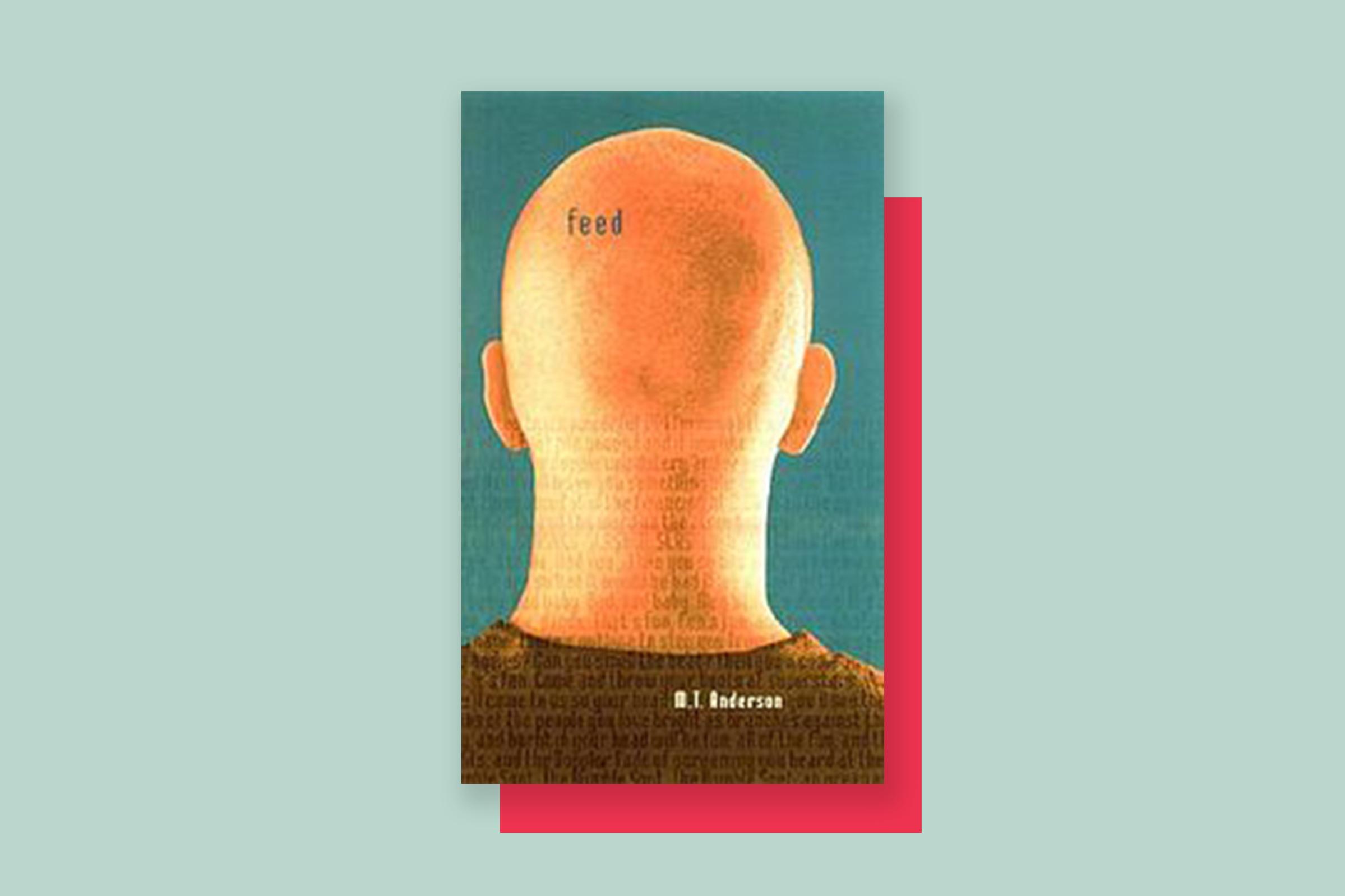
This young adult novel was published during the deflation of the dot com bubble, when the world was uncertain of how exactly the internet would change society. In the book, people have chips implanted in their brains that enable them to access a digital network known as the “feed.” There people can interact and share media, and corporations can use an individual’s data to send them highly-personalized advertising. Sound familiar? While brain chips are thankfully not a reality (yet), Anderson deserves credit for nailing the way data is used to target consumers with scary precision.
Buy now: Feed
Earth, David Brin (1990)

Set in 2038, we still have a ways to go to determine whether all of David Brin’s visions of environmental catastrophe come true. That is to say, for the ones that haven’t already happened. Brin’s novel has become a sort of barometer for the dismal course of climate change. What did he get right? In addition to a series of accurate technological advancements, like the cheap availability of high-quality digital cameras and social media, Earth also alludes to a meltdown at the Fukushima power plant and broken levees in the Deep South.
Buy now: Earth
Parable Series, Octavia E. Butler (1993-98)

Butler is another writer whose foretold rise of a populist demagogue has since drawn renewed interest in the Trump era. The two books touch on all the classic features of a premonitory dystopia i.e. global warming, the rise of fascism, growing corporate influence and staggering inequality — but one detail is exceptionally eerie. The second novel, Parable of the Talents, describes a conservative evangelist from Texas who is running for the presidency with a platform to “Make America Great Again.”
Buy now: Parable of the Talents
White Noise, Don DeLillo (1985)

At the time it was published, White Noise was seen as a satirical look at a world defined by consumerism and the ubiquity of technology, set against a backdrop of looming ecological disaster. Reading the novel today, it’s difficult to shake the feeling that DeLillo’s vision of the world has come true. Shopping and consumption are seen as therapeutic exercises by the characters — in a way that echoes today’s “self-care” and wellness economy. The central character and his family also inundate themselves with news from TV and the radio, consuming a constant feed of information in the background of their lives to the point of inducing fatigue. White Noise doesn’t necessarily predict specific events or advances, but DeLillo perfectly captures the fatigue of living in a hyperconnected world.
Buy now: White Noise
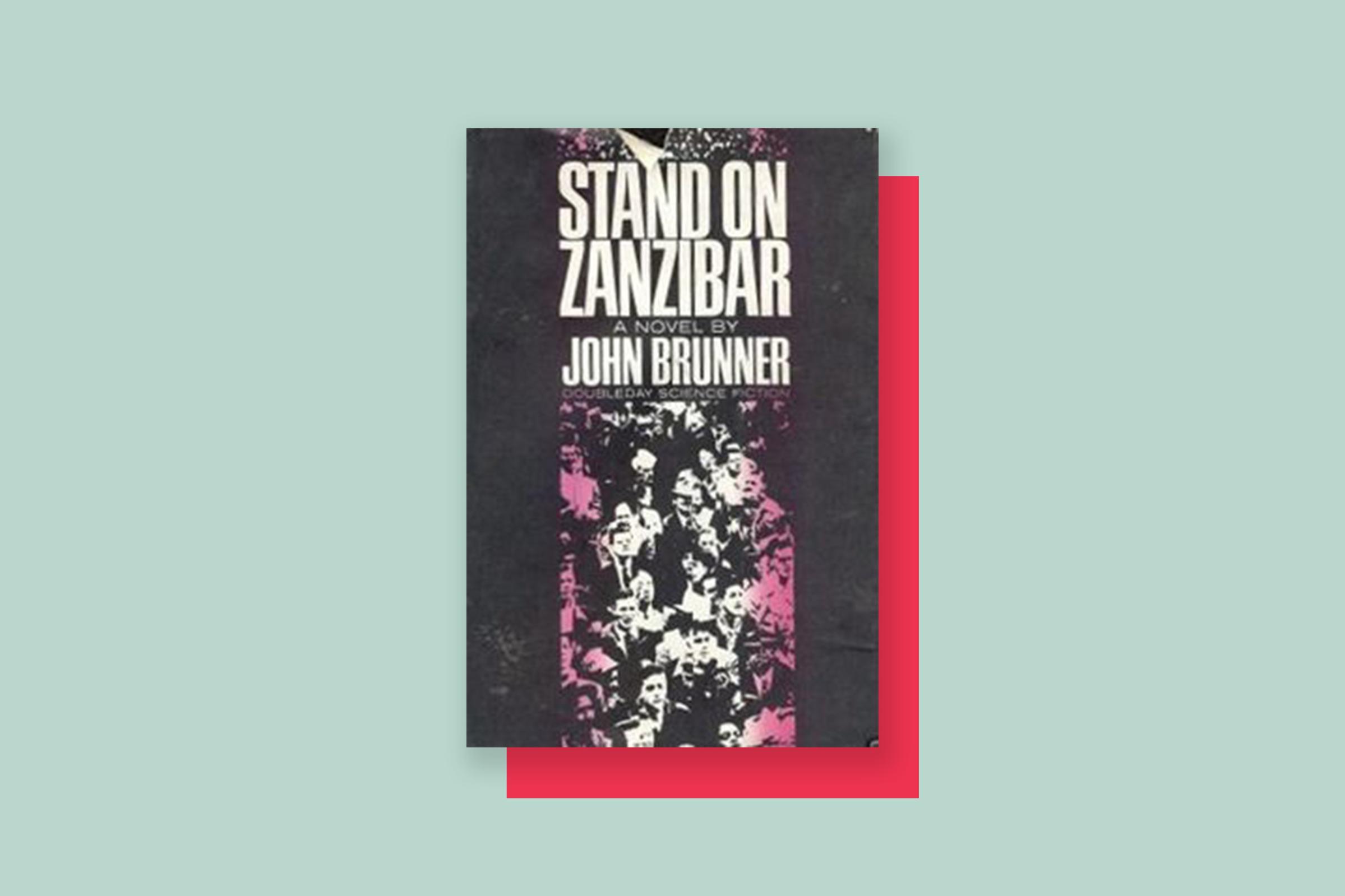
Stand on Zanzibar, John Brunner (1968)
Perhaps more than any other book, Stand on Zanzibar has gained notoriety for its sheer accuracy. Set in 2010, the novel imagines a world not that far off from events that transpired in the surrounding decades—long after it was written. Brunner imagined the formation of the EU, the economic decline of Detroit and the rise in global terrorism. Other cultural predictions show up in the story, like the increasing acceptance of gay marriage and the decline in tobacco use alongside the decriminalization of marijuana. Some are unsettlingly on-the-nose. For example, the President of the United States is the charming and popular Mr… Obomi.
Buy now: Stand on Zanzibar
More Must-Reads from TIME
- Donald Trump Is TIME's 2024 Person of the Year
- Why We Chose Trump as Person of the Year
- Is Intermittent Fasting Good or Bad for You?
- The 100 Must-Read Books of 2024
- The 20 Best Christmas TV Episodes
- Column: If Optimism Feels Ridiculous Now, Try Hope
- The Future of Climate Action Is Trade Policy
- Merle Bombardieri Is Helping People Make the Baby Decision
Write to Wilder Davies at wilder.davies@time.com